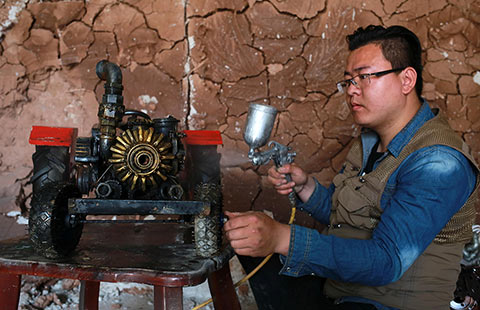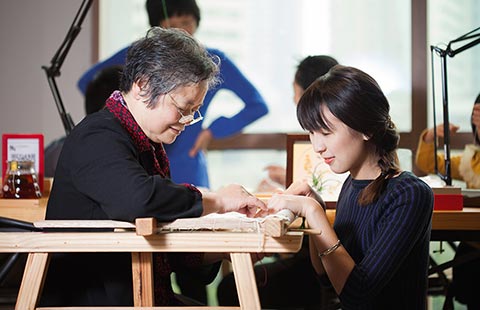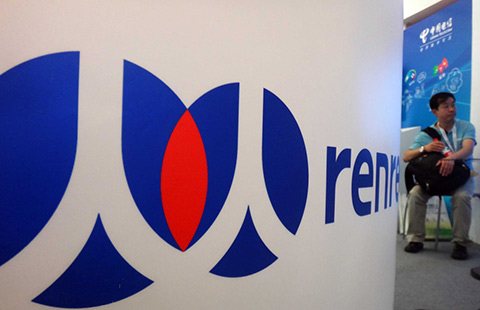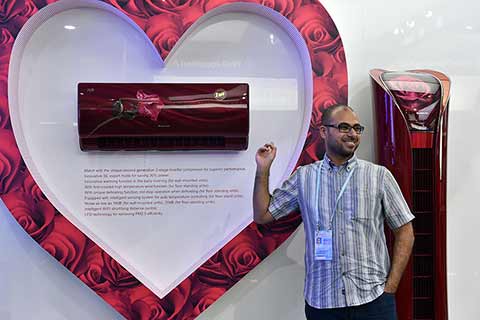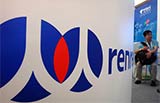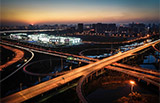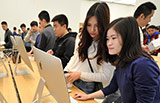Golden Week leads to buying frenzy
By China Daily (China Daily) Updated: 2012-10-22 09:14
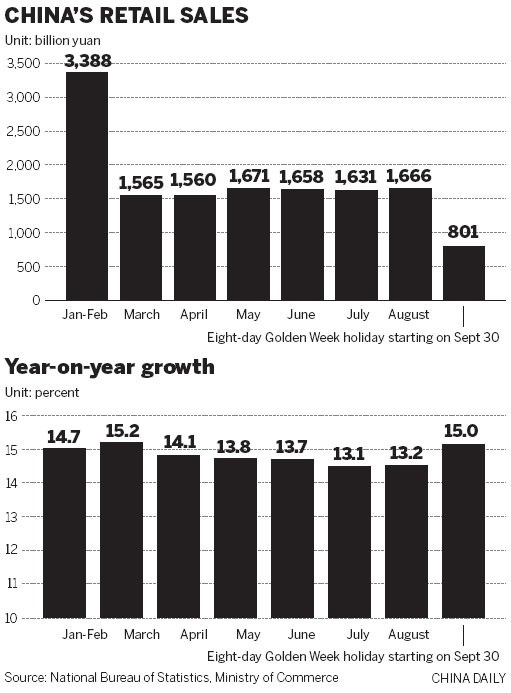
The policy stimulated people's desire to travel, especially on self-driving tours. At the same time it brought a huge burden on the infrastructure during the once-in-a-year super long holiday.
Wu Xiaoyan and her family left for Hangzhou one day prior to the Golden Week, intending to enjoy the Mid-Autumn Festival by the West Lake, Hangzhou's most famous scenic spot. Instead, they had to first enjoy the moonlight on a road on the outskirt of Hangzhou, trapped in a traffic jam.
"It took us almost six hours to get to Hangzhou. Usually it only takes two. We set off at 1:30 pm and spent the whole afternoon on the highway," said Wu.
She should feel lucky she didn't go there on Mid-Autumn Day. The Xinling Tunnel on the Hangzhou-Jinhua-Quzhou Expressway, which trapped Wu's car for about half an hour, was jammed from 2 pm and was not cleared until 4 pm. Early in the morning, the Hangzhou around-city expressway was clogged with 60 kilometers of cars, according to Hangzhou traffic radio's micro blog.
The crowds in popular scenic spots mirrored the traffic jams on the expressways. The Beijing municipal government estimated that the city's parks and scenic spots received 14.7 million tourists, about 72.8 percent of Beijing's population. People on the Internet joked that people went to the scenic spots only to be drowned in a sea of tourists.
According to the latest statistics from China Tourism Academy, the country witnessed a total of 425 million tourists during the Golden Week, achieving tourism revenues of 211 billion yuan. Each tourist spent 495 yuan on average.
The large flow of tourists during the holiday has greatly boosted tourism-related businesses such as catering, lodging and shopping. Every yuan added to tourism revenues is expected to generate an extra 10.2 yuan in the service industry.
"Once you learn to avoid the hot scenic spots, you can have a pleasant trip," said Wang Di, a graduate student in Beijing. She went to Inner Mongolia with her family on a seven-day self-driving tour. It was a long holiday so they could take their time sightseeing, taking photos and eating.
"Maybe it's because the tourism here is not fully developed that there aren't crowded scenic spots and it's still easy to find cheap restaurants and hotels. But I hope they can open some stores to sell souvenirs. This time I couldn't even find a place to buy postcards," said Wang.
"The government should create a good environment for shopping. For example, maintaining the favorable policies that were put forward during the Golden Week, promoting the service industry and improving the condition of the infrastructure," said Liang from the NBS.
Ye Yiwen contributed to this story.
- Baidu Map seeks 50% of its users from overseas by 2020
- Chinese companies' overseas M&A growing at normal speed
- Chinese private company purchases US industrial robot manufacturer
- Chinese-invested giant sugar mill starts operations in Cambodia
- China's FDI to maintain steady growth this year: Commerce Ministry
- Policymakers walk a fine line with property market
- Shanghai introduces yuan-denominated gold benchmark price
- Global sluggish demand, not China, causes steel glut: spokesman


